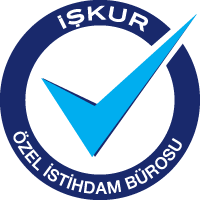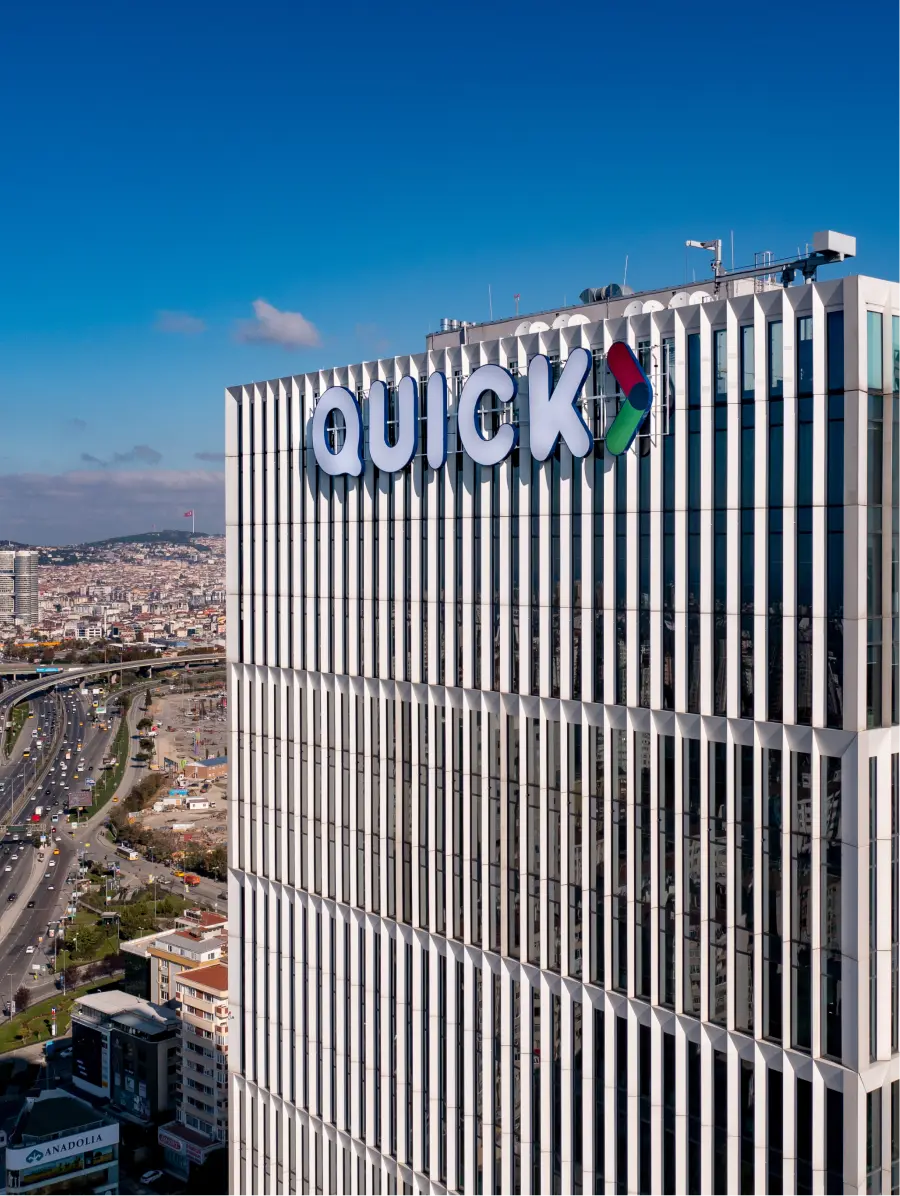Digital Culture, Digital Talent
Astera was established in 2014. Our founding goal was to manage recruitment processes in the technology field in a very different way and create an efficient environment for both candidates and companies. We believed that our 20 years in the IT sector endowed us with unique skills, and we set out with this goal. As we progressed, we embraced the reality that “the only constant is change,” and today we define ourselves as “Your Cultural Transformation Partner in the Digital Age.”
Digital transformation has become a fundamental topic for all departments of companies today. This transformation presents two different challenges for Human Resources. HR departments bear the burden of both their own transformation and the transformation of the company. This is where Astera steps in, leveraging its experience in both human resources and technology. Our goal is to facilitate our clients’ digitalization by combining our skills in these two areas.
We can discuss technology and human resources simultaneously, which are indispensable parts of companies’ transformations and their future building blocks.
The Importance of Human Resources in a VUCA World
Today’s business world is becoming increasingly complex and unpredictable. To manage this world, called VUCA (Volatile, Uncertain, Complex, Ambiguous) by consulting firms, Human and Culture departments must adapt to this transformation.
Preparation for a VUCA World
Preparation in a VUCA world refers to an organization’s ability to quickly and effectively respond to unexpected changes and uncertainties. Human Resources plays a critical role in this context through the following ways:
- Talent Management: HR identifies the competencies and skills needed by the organization and recruits employees with these competencies. Additionally, HR organizes training and development programs to ensure existing employees develop these skills.
- Agile Business Models: HR promotes the creation of agile business models and structures. This facilitates organizations’ adaptation to rapid changes and enables them to act flexibly.
- Crisis Management: HR prepares contingency plans for potential crisis scenarios and ensures employees are ready for these scenarios. This increases the organization’s resilience to uncertainties.
Learning Organizations
Learning organizations are structures that encourage continuous learning and adaptation. Human Resources contributes to creating learning organizations through the following ways:
Continuous Training and Development: HR provides training programs that enable employees to continually acquire new skills and knowledge. This ensures continuous development of employees and the organization.
Learning Culture: HR establishes a learning culture within the organization, promoting values such as learning from mistakes, innovative thinking, and knowledge sharing.
Mentorship and Coaching: HR supports employees’ personal and professional development through mentorship and coaching programs, allowing them to maximize their potential and contribute more within the organization.
Technology Utilization: HR uses learning management systems (LMS) and other digital training tools to manage employees’ training and development processes more effectively, enhancing the continuity and accessibility of learning.
At Astera, we support this critical transformation of Human Resources and help our clients create prepared and learning organizations in their digital transformation processes. With this approach, we add value to our clients and candidates by meeting the expectations of Generation Z and effectively utilizing technology.

A Message from Our Founder
Having worked in the IT sector for many years, I have witnessed firsthand that the fundamental problems revolve around the human resources process. Understanding and evaluating a candidate’s social and technical skills and forming an accurate opinion on their suitability for the relevant position requires a special competence.
For a candidate to respect and trust the evaluator, this person must be sufficiently knowledgeable about the relevant topic to understand the candidate. Additionally, the institution searching for talent also has concerns regarding the candidate’s competence and their ability to adapt to the company’s culture and changes. Reaching the right human resources and completing the recruitment process does not end the journey. It is also essential to work on developing the competencies and skills of employees who add value to the company, allowing them to move into new areas within the organization and mentoring other employees.
As technology, institutions, and competencies rapidly change every day, I find it crucial for HR consulting firms to work with such agility. My primary goal has been to offer both my experience and my team’s experience as a trusted consultant and business partner to candidates and institutions. ASTERA was founded with this understanding. Our goal is to be a reliable Business Partner supporting institutions throughout the entire Human Resources Management Process and a consulting firm guiding candidates in their careers by continuously developing our skills and competencies in this changing and transforming environment.
Looking forward to our paths crossing…
Ülkü Ceylan,
Founder



